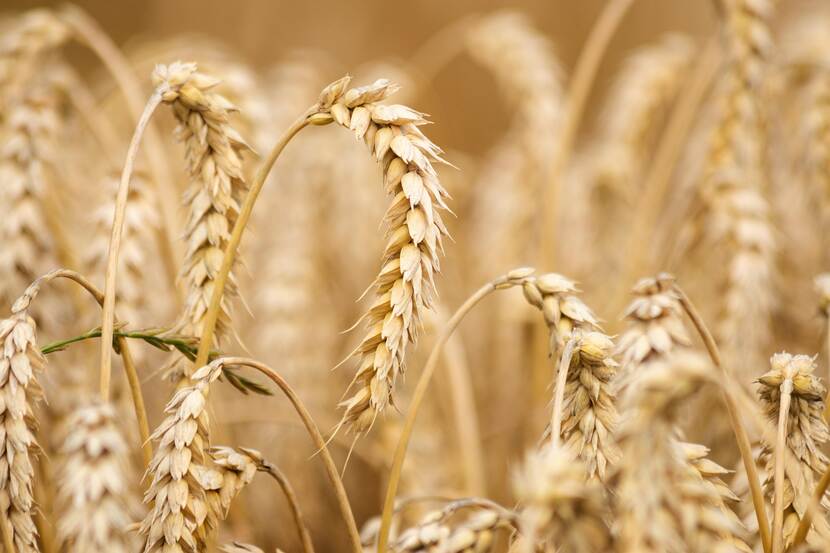Kazakhstan establishes Healthy Seeds Centre
An advanced Centre for healthy seeds will be created in Kazakhstan, with reference to the press service of the Ministry of Agriculture. The project will be implemented in 2026 on the basis of the Kazakh Scientific Research Institute of Plant Protection and Quarantine named after Zhiembayev.

According to the Ministry of Agriculture, the centre will be equipped with modern equipment and staffed by highly qualified specialists. Its main task will be to combat pathogens that pose a threat to crop yields and environmental safety.
"The centre will cooperate with seed farms across the country by analysing seed samples from various crops. The main goal of the project is to increase the share of domestic seeds to 80% by 2030. The use of innovative methods of phytoexpertize and seed recovery will not only protect the crop, but also increase its productivity," the Ministry of Agriculture notes.
According to experts, improving the health of the seed fund is a key factor in the fight against plant diseases, up to 70% of which are transmitted through seeds. The agricultural department expects that the centre's work will increase crop yields by at least 40%.
During a government meeting on February 11, Minister of Agriculture Aidarbek Saparov proposed to reconsider the issue of privatisation of Kazagrex.
"In 2018-2022, Kazagrex was in trust management, which led to a reduction in highly specialized personnel. Such experiments are unacceptable, given the importance of seed testing for the food safety of the country. Taking into account the negative experience, we propose to reconsider the issue of privatisation of Kazagrex," the minister said.
He also cited operational data from the administrations of the regions for the harvest of 2025, agricultural producers need 2.3 million tonnes of seeds, which have now been completely filled in. A preliminary examination of the quality of 1.6 million tonnes of seeds was carried out.
"According to the schedule, 411 tonnes of seeds were received for a full examination, of which 99.5% were recognized as conditioned and meet the 1st and 2nd class of the sowing standard. The mass seed inspection will be completed by the end of March. High seed productivity is possible only if strict GOST standards are followed, including germination and germination energy, which are key parameters. Seed quality assessment services are in a competitive environment, and the choice of a service provider is carried out through public procurement," the minister noted.
Reported by Kapital (Kazakhstan).